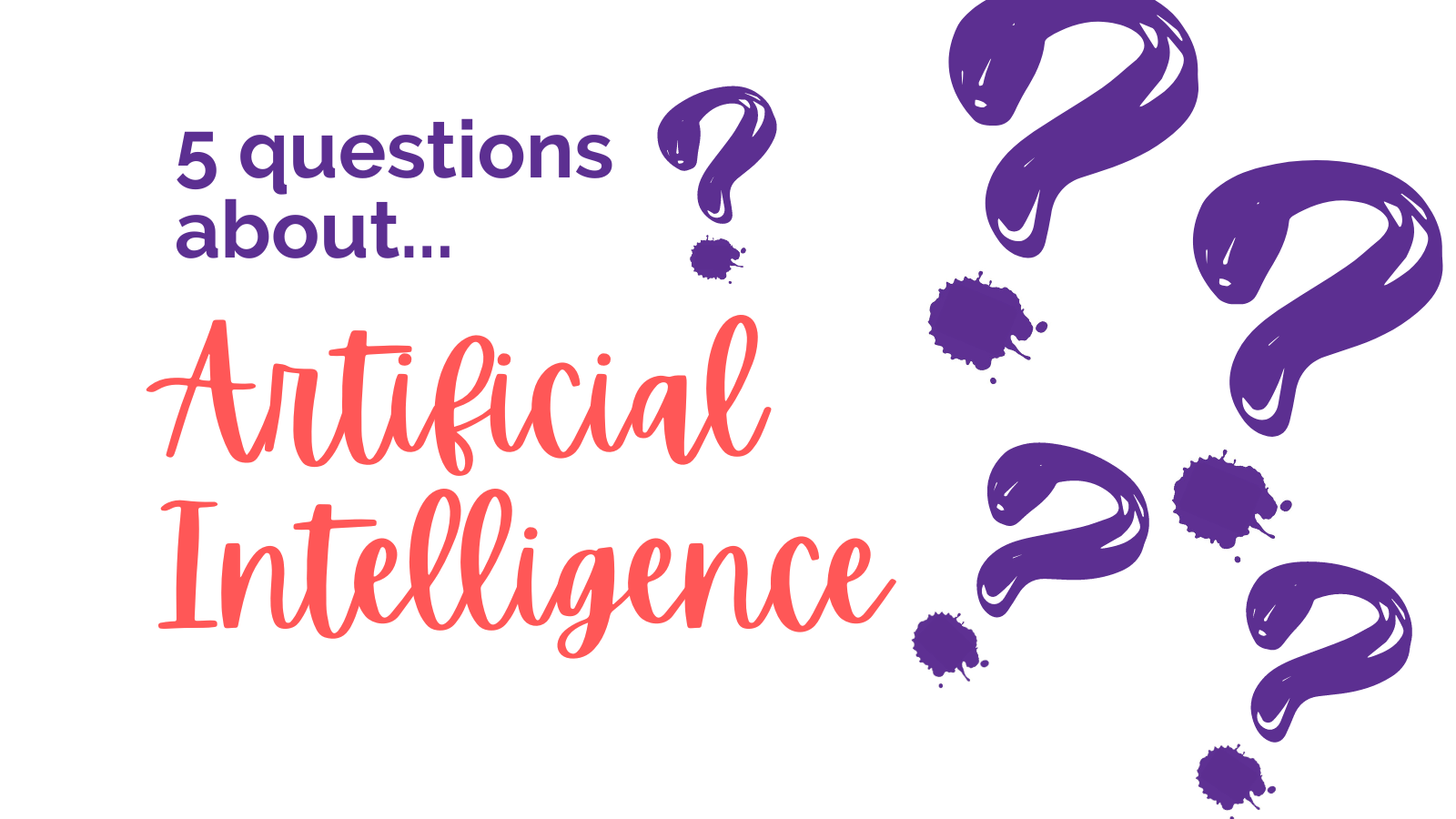ChatGPT may be the most recognized artificial intelligence tool out there today, but it’s really just the start. To get a better understanding of AI’s potential impact on marketing and the world in general, we posed five questions to Hector Vilches, an AI early adopter and CEO of impressm, a web technology firm based in NJ.
. . .
Hector, why has AI in marketing suddenly reached a tipping point?
I believe society has long underestimated the potential and exponential growth of AI’s emergent capabilities. For example, OpenAI’s Dalle was demonstrated in January 2021, and it generated images most people scoffed at. You had to squint and use your imagination as the images were barely recognizable. Only two years later, we have the release of MidJourney’s V5 model that in seconds can generate original images indistinguishable from real photographs, of almost anything you can imagine. Full motion video is not far away, and the same exponential growth occurred with natural language models, beginning with Google’s BERT in 2018.
Today we have GPT4, a model that can interact with humans in their native language, take images as input, recognize and understand what is in the image and can reason. Let me say that again, because this is the takeaway: It can reason. I would say this is the moment in history that a large section of society became aware of these capabilities. In that sense, it is a tipping point.
You were truly an early AI enthusiast and adopter. What’s been most surprising to you along the way?
It’s hard to pinpoint what’s been most surprising. The rate at which AI is evolving, after decades of excruciatingly slow progress, has been surprising. Also surprising is the challenge of understanding that these systems, called models, are not programmed. They are artificial neural networks, modeled after biological neural networks, and just like you cannot program a brain, you cannot simply program these models.
Through rigorous training, they acquire cognitive abilities and become capable of communicating with humans. It’s important to recognize that these models are not simply databases, but rather complex cognitive systems that have developed the ability to achieve surprising feats.
How have you put these tools to work in your organization?
We recognize the immense potential these systems hold and have fully embraced AI systems not only in their use, but also in their creation. AI has become an indispensable tool in our work, including system administration, web design, visual asset creation, programming, data analysis, and general problem-solving.
In many cases, we treat AI as a trusted co-worker, relying on its capabilities to help us generate new ideas, solve complex problems, and streamline our workflows. We use Co-Pilot, ChatGPT, Stable Diffusion, Dalle 2, and NLPCloud regularly, and are currently in the process of developing and training our own models, to enhance the functionality of a client web application and provide greater value to their clients.
Any cautions for marketers as they dive deeper into AI technology?
I would caution marketers who think of this technology like a database. Yes, it knows things, but its greatest strength is that of cognitive function. Recognize the industry is at the very beginning of a huge revolution, that many are either completely unaware of, or are choosing to ignore. Embrace this technology right now!
You may remember the Yellow Pages, and while no one knows for certain, I am betting that we will come to see the current search engines in the same light as we now see the Yellow Pages. The search engine itself will not go away, but the AI will be the one doing the searching. I urge marketers to keep a close eye so that changes do not come as a surprise, and to be careful of being nostalgic and holding on too long to methods and practices which will cease to work.
What’s next for artificial intelligence?
I admit, I spend many hours pondering this very question! It is exhilarating, in the sense that it is both exciting and frightening, to witness the emergence of artificial intelligence. To get a sense of what is to come, I look back on my own experience when the Internet was not yet ubiquitous. My job was to install file servers in offices so that everyone had access to the same documents. I remember many business owners laughing in my face when I suggested that we could connect the file server to the Internet and give everyone in the office an email address. They asked, “Why on Earth would anyone need or want an email address?” Today, this skepticism takes the form of questions like “Why would I want AI?” or “How could ChatGPT replace search when it wasn’t trained on current events?”
What’s next is that society will no longer instinctively reach for search engines. They will understand AI is not a database but a cognitive engine, so we will instead ask the artificial intelligence for help, for answers, or to just do. Think complex requests, with nuance and context, understood by the AI, and without blue links to rummage through.
Future AI models will take sound and voice, text, images and video as input, and will communicate with us in the same modalities. They will have access to your phone, files, photos, and computer, and much like the current Bing Chat, they will be given access to the Internet, the world’s knowledge base, and will act as an extension of ourselves and use their cognitive abilities to distill huge amounts of knowledge to give or do what we want.
We won’t search for the nearest pizzeria, we’ll say “Siri, we’re hungry for pizza but don’t have time to wait in line. We also want beer and the pizza needs to be good. Where can we go?”
“I understand your request. Based on your location, I have found a highly-rated pizza place nearby that offers online ordering and delivery. They also have a selection of beer available for purchase. To save time, would you like me to place an order for you?”
We won’t search for how to format an Excel spreadsheet. “Take the PDF report Joe sent this morning, and make me an Excel spreadsheet, with bold headings, like the one Jennifer sent me last week. Also, make a bar chart with colors that won’t clash with my website.”
I don’t think this future is that far off, and it is incredibly exciting to be a part of this changing landscape.
. . .
Many thanks to Hector Vilches for sharing his wisdom on artificial intelligence. Have an idea for a future 5 Questions About… feature? Email askusanything@fahouryink.com and we’ll get it in the queue.

